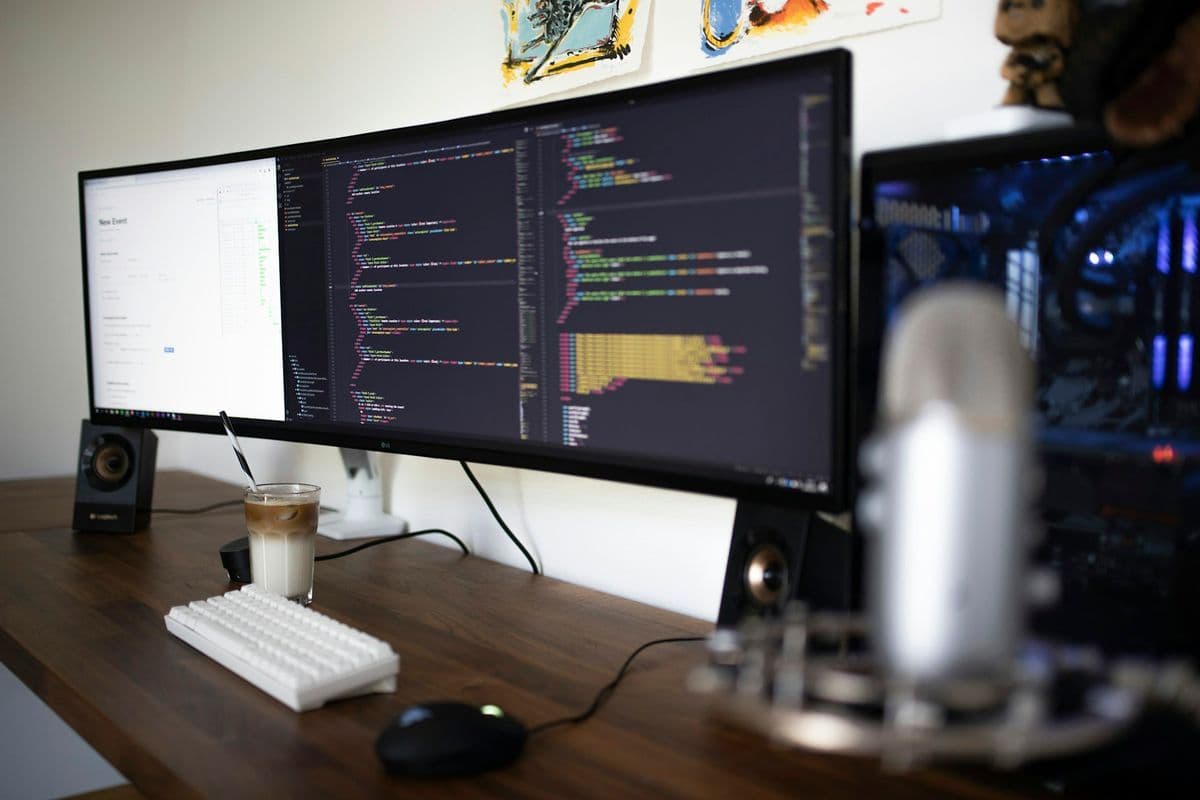Choosing the right database is a technical decision, but it's also a strategic one. For startups and tech-driven teams chasing innovation, the database you pick can make or break your ability to move fast and scale effectively. When you're building an MVP or iterating on a growing product, you need tools that work as hard as you do. That means a database that's powerful and flexible, one that keeps up with your pace and stands strong when your user base grows or your app's complexity increases.
Neon DB and PlanetScale are both making waves in the database world, each offering unique approaches to solving today's challenges for developers.
From distributed architecture and seamless integration with modern tech stacks to features like auto-scaling and branch-based development, they promise to simplify those headaches that come with building at speed.
The feature list matters, sure, but so do things like compatibility with your team's preferred languages, solid documentation, and how easily the database fits into your workflow.
Here’s the thing, startups thrive with a database that feels like an extension of the team, a platform that keeps you moving forward. That’s why this comparison matters.
Neon DB vs PlanetScale Architecture and Scalability
When it comes to architecture and scalability, Neon DB and PlanetScale each bring unique strengths to the table, catering to different startup needs. Let's break it down.
Neon DB's serverless architecture offers flexibility at its core. By splitting compute and storage, it allows each to scale independently. This means you're not locked into paying for unused resources; compute scales to zero when idle, while cloud object storage grows as needed.
For startups balancing tight budgets with unpredictable traffic, this approach offers significant advantages. With its decoupled compute and storage architecture, Neon delivers reliable performance without compromising availability.
Neon relies on PostgreSQL's partitioning for data distribution rather than native sharding. Still, its autoscaling capabilities and built-in PostgreSQL features like composite indexing make it a solid choice for efficient, developer-friendly workflows.
PlanetScale, meanwhile, is designed for rapid growth and massive data handling. PlanetScale's shared-nothing architecture, powered by Vitess, focuses on horizontal scalability. Data gets distributed across multiple nodes, making it perfect for high-throughput applications.
It offers automatic sharding, ensuring you can grow your database without downtime or performance bottlenecks. PlanetScale also excels in cluster management, with automated failover and online resharding keeping things smooth as your user base scales. Built around MySQL, it's a strong contender for startups that need consistent uptime and global deployments.
Both offer advanced performance optimization, features like Neon's database branching or PlanetScale's query monitoring support robust workflows and reliability.
The best choice ultimately comes down to your technical needs and growth trajectory.
Developer Experience with Neon DB and PlanetScale
When it comes to developer experience, both Neon DB and PlanetScale have built workflows that reduce friction and speed up productivity. But the differences in how they handle setup, integration, and daily use are telling.
Neon DB shines with its minimal setup time and intuitive tools like the neonctl CLI, making database management straightforward. Developers can easily create, branch, and manage environments without getting caught in complex configurations. Plus, its full PostgreSQL compatibility means most ORMs and frameworks integrate seamlessly. Whether you're using Django, Flask, or Node.js, you're up and running quickly.
PlanetScale offers a similarly streamlined setup with its pscale CLI, but it's specifically built for MySQL ecosystems. For teams already invested in MySQL, this feels like a natural extension of the workflow.
The real magic starts in day-to-day workflows. Neon DB's database branching lets developers spin up isolated environments for testing or feature development at any point in time. It's like having a time machine for your data, perfect for debugging or safely experimenting with changes. And with point-in-time recovery, you've got an added safety net.
Meanwhile, PlanetScale offers branching too, but ups the ante with non-blocking schema changes and automatic sharding for scaling without downtime. It's a dream for teams building fast-growing applications.
Both platforms take security seriously with strong encryption protocols. PlanetScale brings robust query insights and performance tools, while Neon provides developers with flexibility to innovate.
You’ll find PostgreSQL's versatility and MySQL's scalability, so the key is picking what fits your vision best.
Matching Neon DB vs PlanetScale to Your Project
Choosing the right database comes down to your project's goals, technical stack, and growth trajectory. Neon DB is a perfect match for startups seeking cost-efficient scaling, PostgreSQL compatibility, and flexibility for variable workloads. Its branching feature and support for advanced extensions make it ideal for innovative, AI-driven solutions.
Meanwhile, PlanetScale excels in handling rapid growth, offering seamless MySQL integration, horizontal scalability, and production-ready tools for global deployments.
If your team prioritizes strong consistency, feature experimentation, or AI-driven workflows, Neon DB's architecture and PostgreSQL ecosystem might be your best bet.
But for teams focused on high-throughput workloads, non-blocking schema changes, and automatic sharding, PlanetScale's MySQL foundation is hard to beat.
Either way, both platforms are built to empower tech-savvy startups to move fast, test often, and scale confidently.
At the end of the day, the database is just the beginning. The real challenge? Bringing your innovative app idea to life, and that's where we come in.
At NextBuild, we specialize in turning your vision into a fully functional MVP in just a matter of weeks. Ready to take your startup to the next level? Reach out to us and let's build something extraordinary together.



